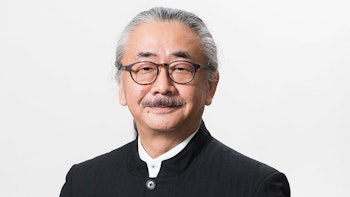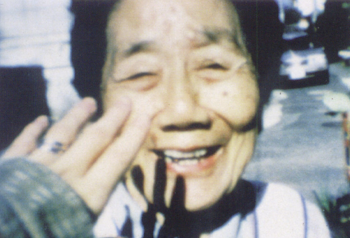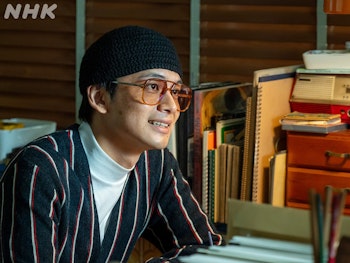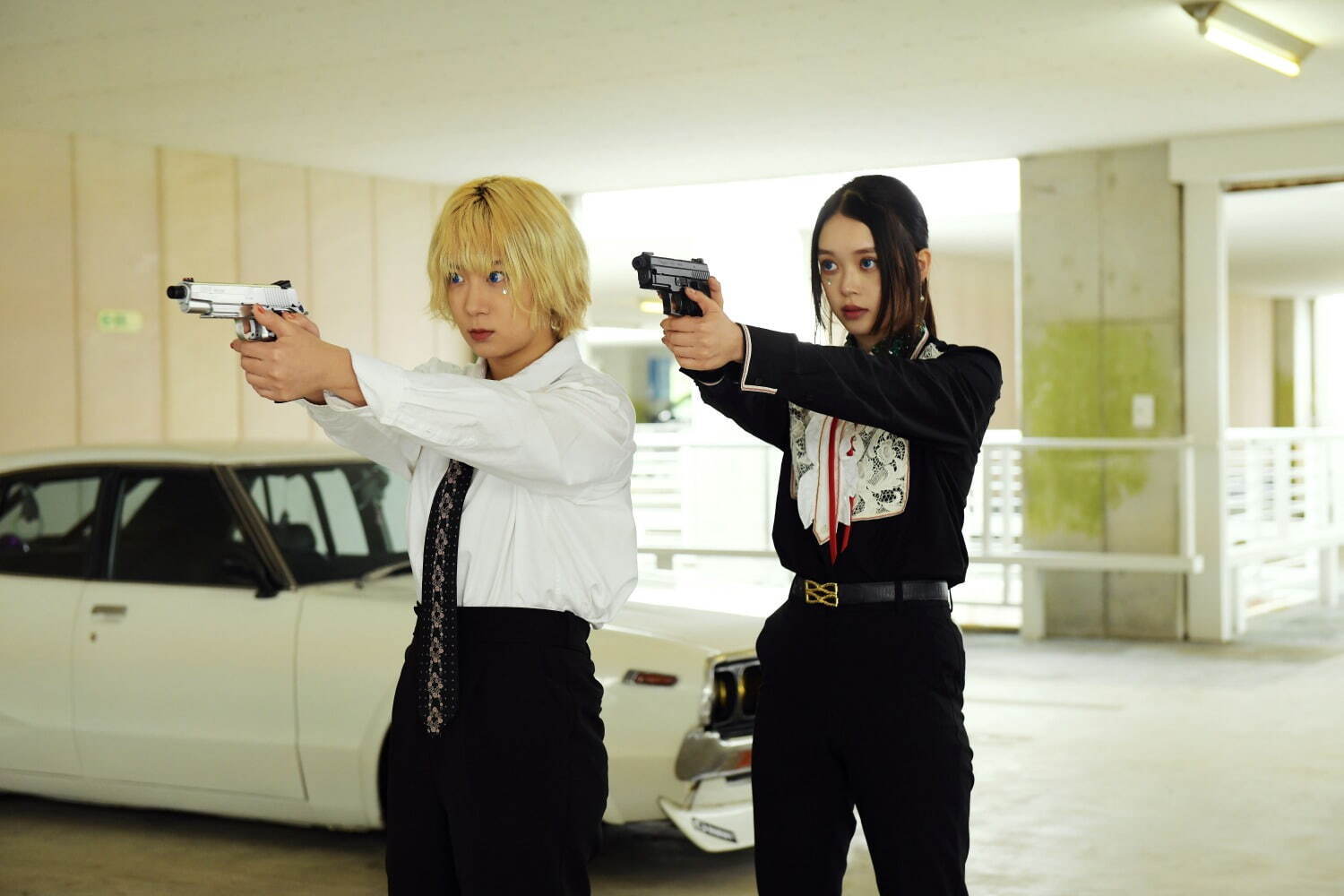
Two assassins, but they’re teenage girls and they kill out of boredom and the money they earn that keeps them from having to getting a real job and dealing with the hell of working life. Sounds fun, but this is way more than a Gen Z John Wick.
Baby Assassins is perhaps one of the more acclaimed original films to come out of Japan in recent years, with strong success domestically, international festival fame, two sequels, radio dramas, a TV drama, and even an endorsement from prominent online movie critic Hideo Kojima. In an indie landscape dominated by small-scale human dramas, this was something different: a grassroots, practical action series with a cuter protagonist and a healthy dose of humor that helped it stand out from other films in the genre.
The unlikely franchise is the brainchild of Yugo Sakamoto, the film’s director, writer and editor and no stranger to micro-budget action filmmaking, albeit with films so far to the extreme that they were exiled from consciousness by most audiences. Hangman’s Knot, released in 2018, is a violent, horrid excursion featuring a creepy loner college student facing off against his siblings, every character being some mix of thug, rapist, murderer, and everything that makes them incompatible with any semblance of mainstream society. Family Wars from the same year is hardly any better in terms of its violence and extreme content.
Aside from the competently-shot action and somewhat nihilistic view on society’s truth underneath its nice, surface-level facade, you wouldn’t expect the same man to be producing something as hopeful and endearing as Baby Assassins.
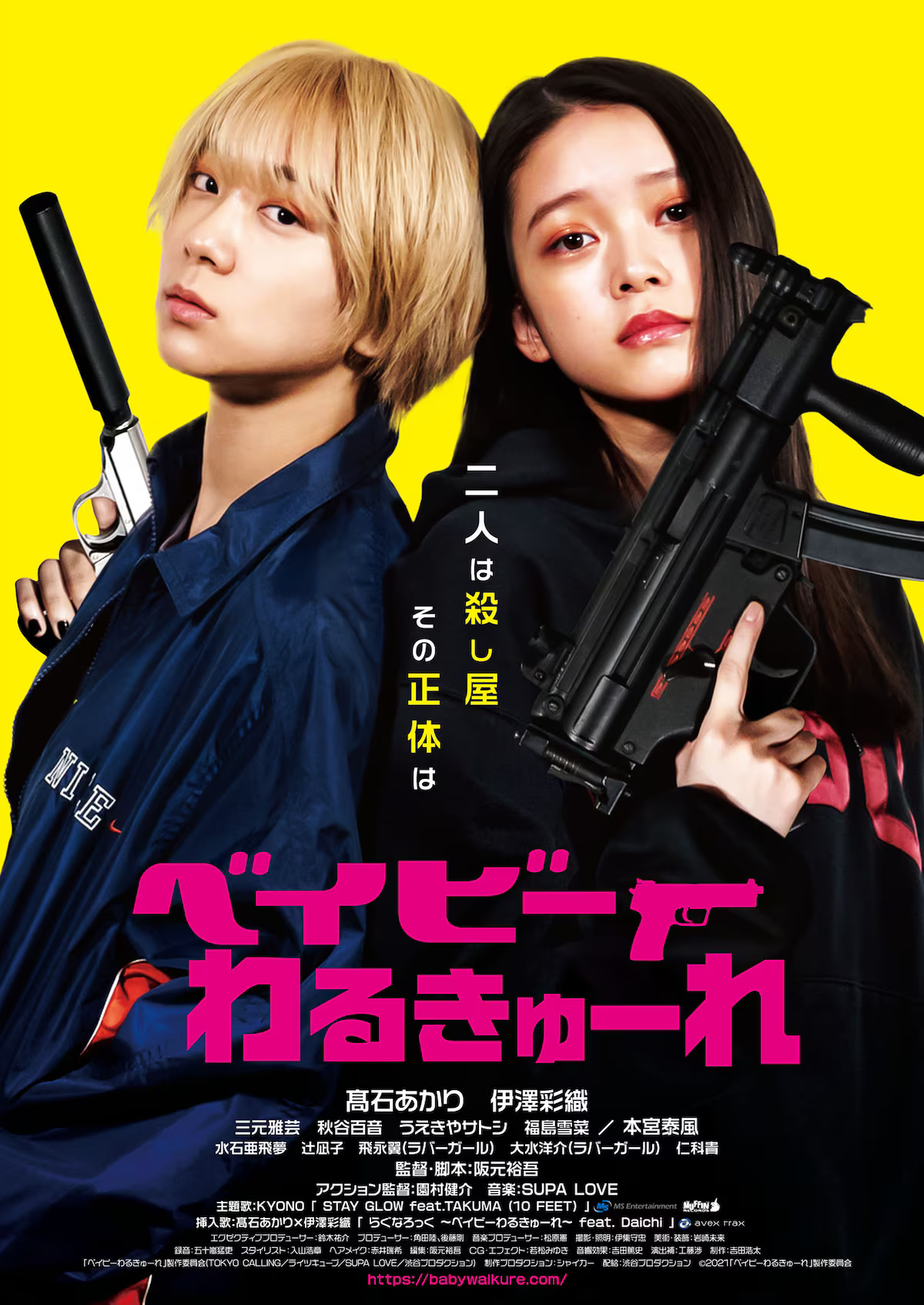
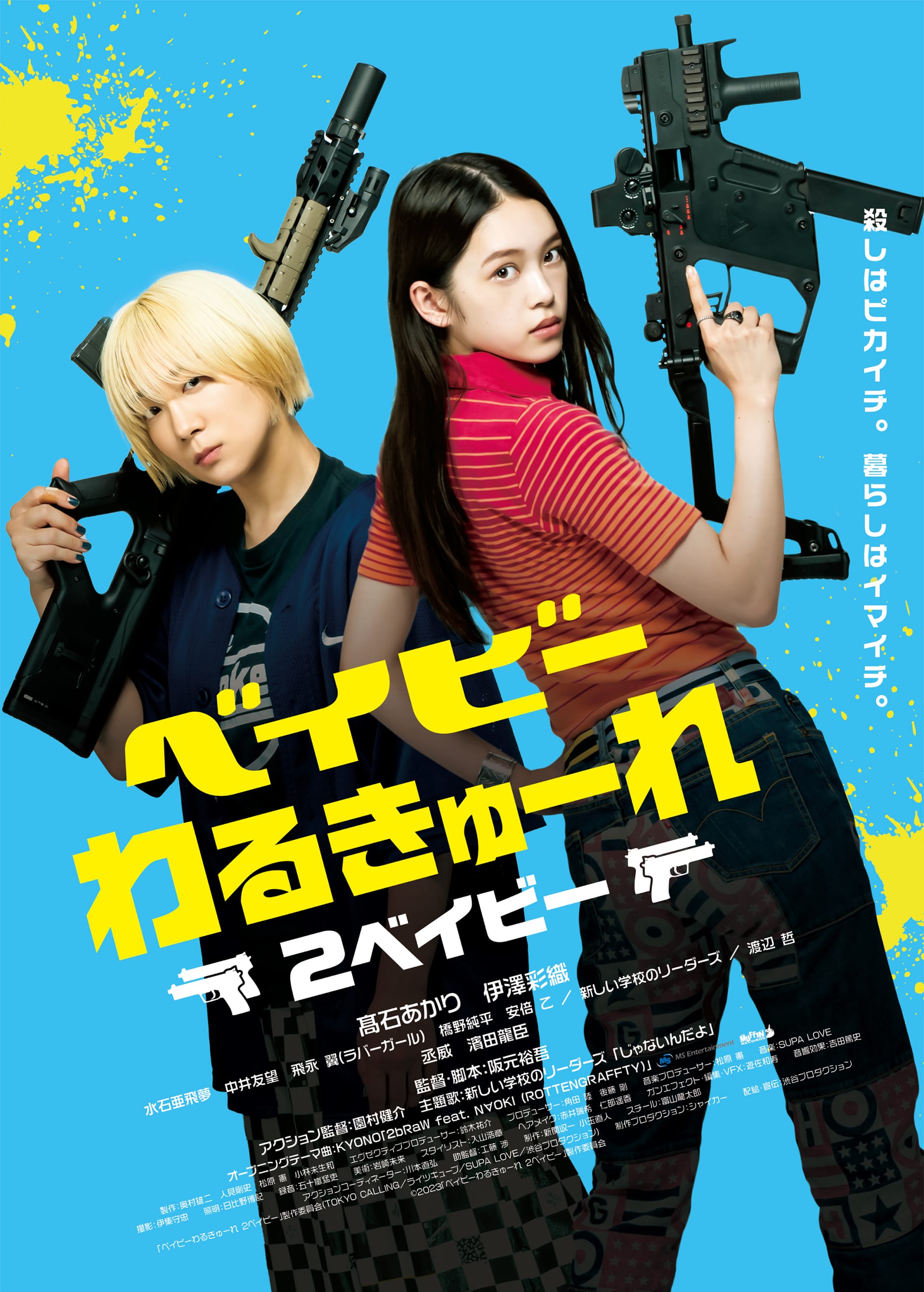
The franchise centers a young teenage assassin duo in Chisato and Mahiro (played by Akari Takaishi and Saori Izawa respectively), whose friendship, however strained, is a refreshing change from typical movies in the genre. We open the first film on Mahiro interviewing for a job at a convenience store, barely interested and ridiculed by the similarly-disinterested manager after making up a story for being a streamer in their own time. But the interview is merely a cover to get close for a kill, confirmed with an unflinching bullet to the brain and a photo on an iPhone.
Leaving the backroom, the workers realize what happened, and want revenge. Cue a bloody fight through the convenience store aisles, with Chisato jumping from behind the counter to shoot dead those standing at the end. However, although this interview was a ruse, as new high school graduates the guild boss insists they need a real job, if just to make the cash from a quick kill being deposited into the bank look far less suspicious. A task made more difficult when one kill gets them wrapped up against the yakuza.
While the action has rightfully earned its share of plaudits, in large parts the recruitment of action director Kensuke Sonomura, known for his work on films like Resident Evil Vendetta and in gaming with titles like Metal Gear Rising, the series is arguably at its best when it steps back from that and into the mundanity of the daily grind.
In this first film mirage of skits juxtaposes the minor annoyances of daily life with assassin work as these young girls are forced to adjust to adult life, resulting in friction and entertaining back-and-forth between Chisato and Mahiro in an endearing domestic slice-of-life. They’re assassins, but they still accidentally leave things in their pockets inside the washing machine - except instead of wads of paper, its a magazine of bullets. They struggle to find work, and we have moments of silent lounging on the Nintendo Switch while one trains killing moves on a dummy, or mumble to one another about chores. It seems silly, but it humanizes them as more than killers and helps us understand the film’s true anger.
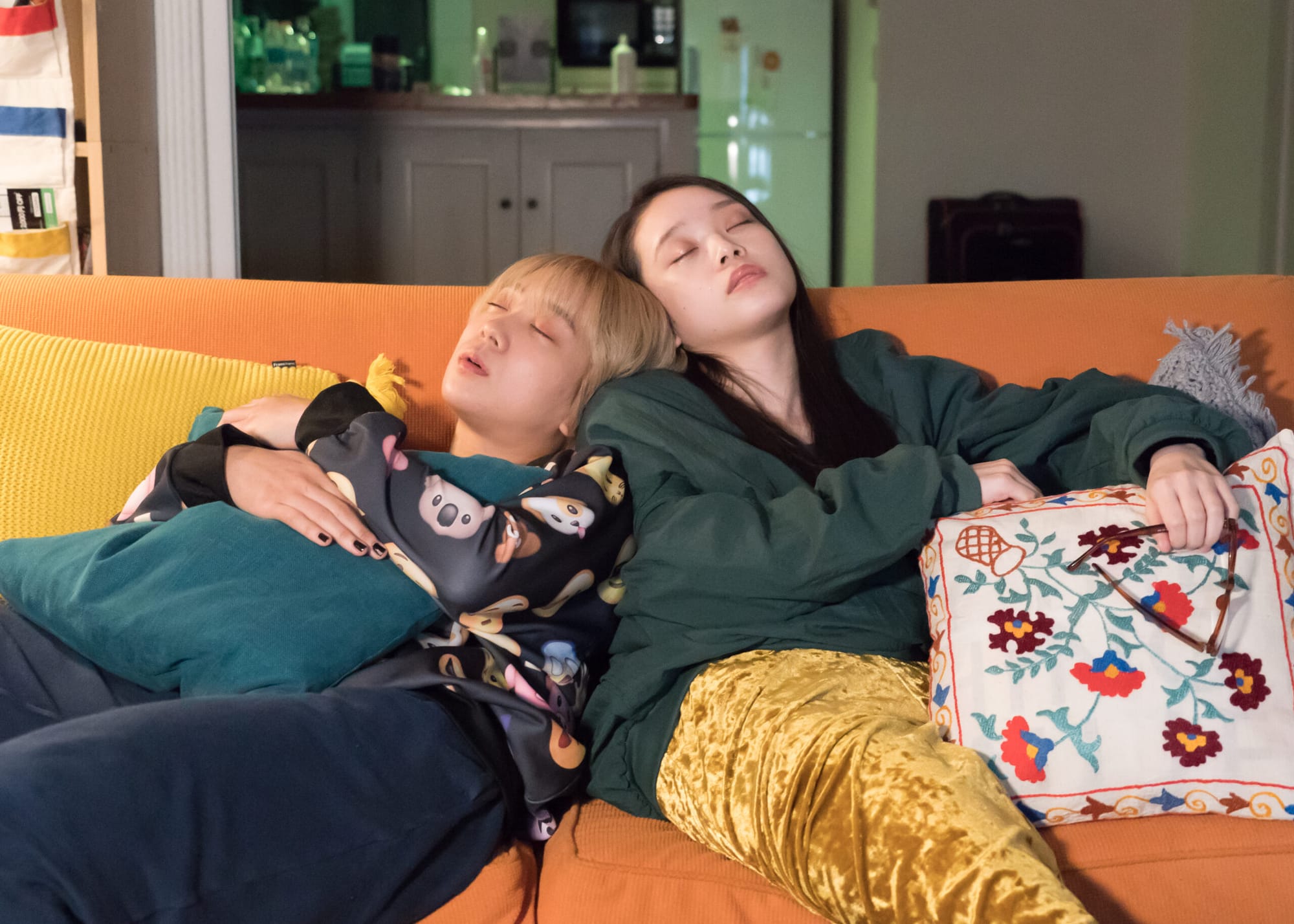
Isn’t real life, and the arbitrary rules we created for ourselves within it, the real absurdity? Not a few young girls killing people for cash? It’s hard for these girls to adjust to essentially a normal life, because it doesn’t make sense.
Besides, at least the world of assassins has rules. A young girl works hard in a maid cafe and barely gets by, struggling for survival to the point excitement is seeing someone with the cash to buy a slightly-more-expensive rice ball than normal. Our assassins earn enough they don’t think about it, but isn’t it absurd that this grueling work pays so little? With little power or hope left in the current generation that things can change.
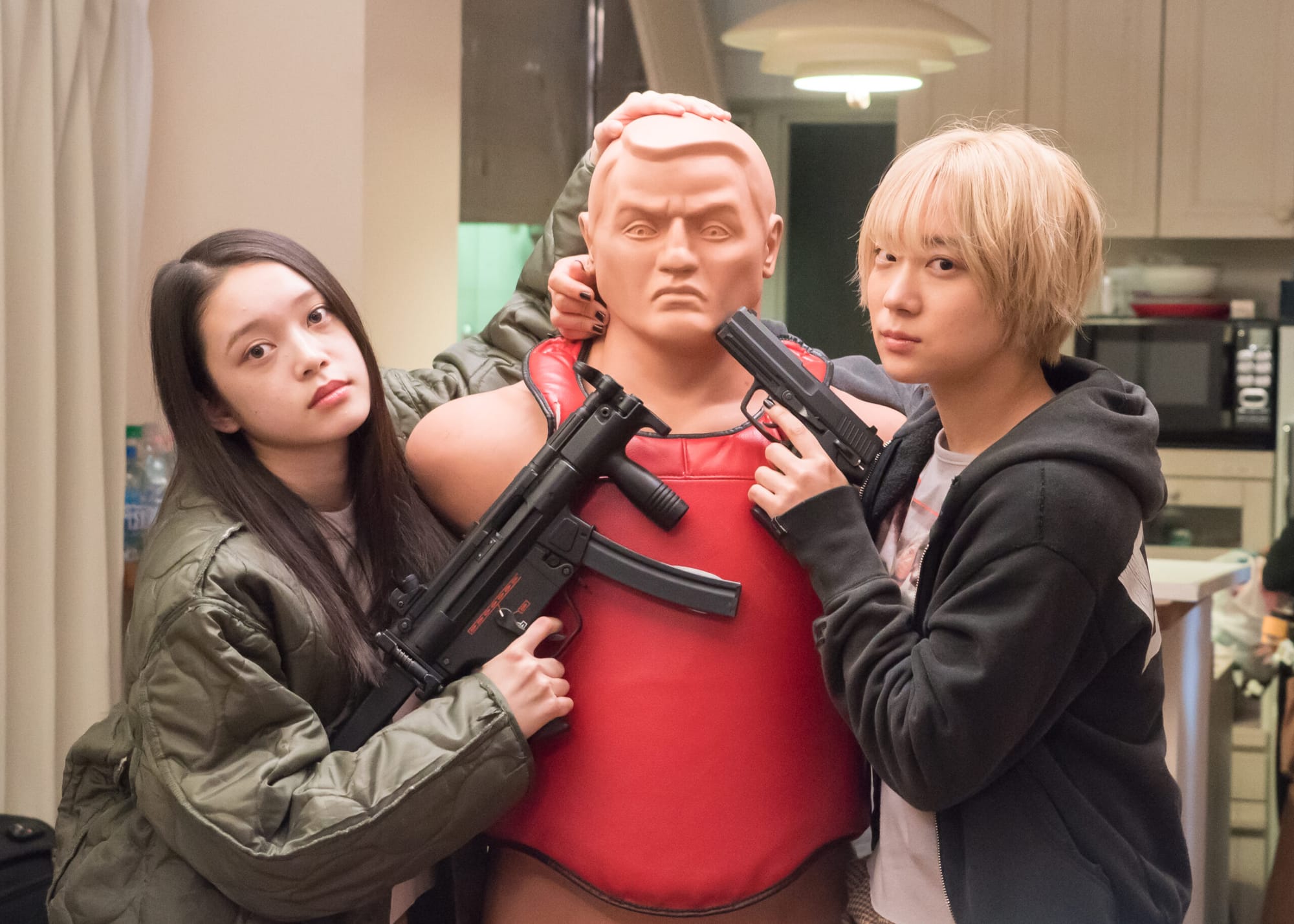
Flashy action gets people in the door, but its a mix of charming protagonists and social commentary with a firm middle finger at the injustice of the world that grounds this action in reality and keeps us there long after the credits roll. These are movies that highlight the precarity of living paycheck-to-paycheck for young people and finding purpose and reasons to pay the bills against a sexist system and working world, more than they are action films.
The strength of this core relationship has even elevated the profile of its two stars. For Akari Takaishi, success landed her the role of Kimi in Naoko Yamada’s Kimi no Iro alongside other hit roles, while Saori Izawa, already successful as a stunt star at the age of 30, has received more front-of-screen roles and even led a commercial for volume 18 of Sakamoto Days. The pair have a natural chemistry that makes the shrill, talkative passion of Akari’s Chisato and the monotone boredom of Saori’s Mahiro elevating their non-stop eating and bickering feel like a deadpan comedy duo.
The second film, conceptually similar in the girls’ need to find work but the reason being their actions stopping a crime at a bank so they could pay a bill saw them suspended from the guild for acting outside of work, only emphasizes this. Not only that, it’s a more confident and competent sequel, and even has a camero from Atarashii Gakkou no Leaders.
Even if the film never truly closes the door on a return to these characters, the recent release of a third film in the series with Baby Assassins: Nice Days is a fitting conclusion to this story. It mixes up the formula by taking the girls from Tokyo to Miyazaki, where they get sucked into a job taking down a fellow hitman in what is supposed to be their holiday. These slackers are forced to face a vicious killer above their level that can only be taken down by defying his solitude from 150 kills and relying on their camaraderie and trust.
Far more driven by action and plot than the at-times aimless laziness of two girls living in a cramped apartment, yet this shift in focus doesn’t mean disregarding everything the series has built until this point. The opposite, in fact: this is a film that only works because Chisato and Mahiro are stronger for what they’ve faced together. The film isn’t rejecting the ideas of the prior films, just embedding them into the action more directly.
Our assassin duo and the hitman antagonist they must take down, named Kaede and played by experienced actor Sosuke Ikematsu known for playing the lead in Shin Kamen Rider and also featured in this year’s more pondering My Sunshine, are functionally polar opposites of one another. As society tears apart at the seams and anger at a system where those not accepted are discarded, each represents the two choices you can make. One is the path of nihilism, isolating yourself and killing to feel anything in a world which has rejected you, losing a sense of self and humanity for violence. The other is finding support and togetherness in the people you hold close. That is Chisato and Mahiro, trust and hardship bringing them together to fight and overcome what threatens their sanctuary amidst the chaos.
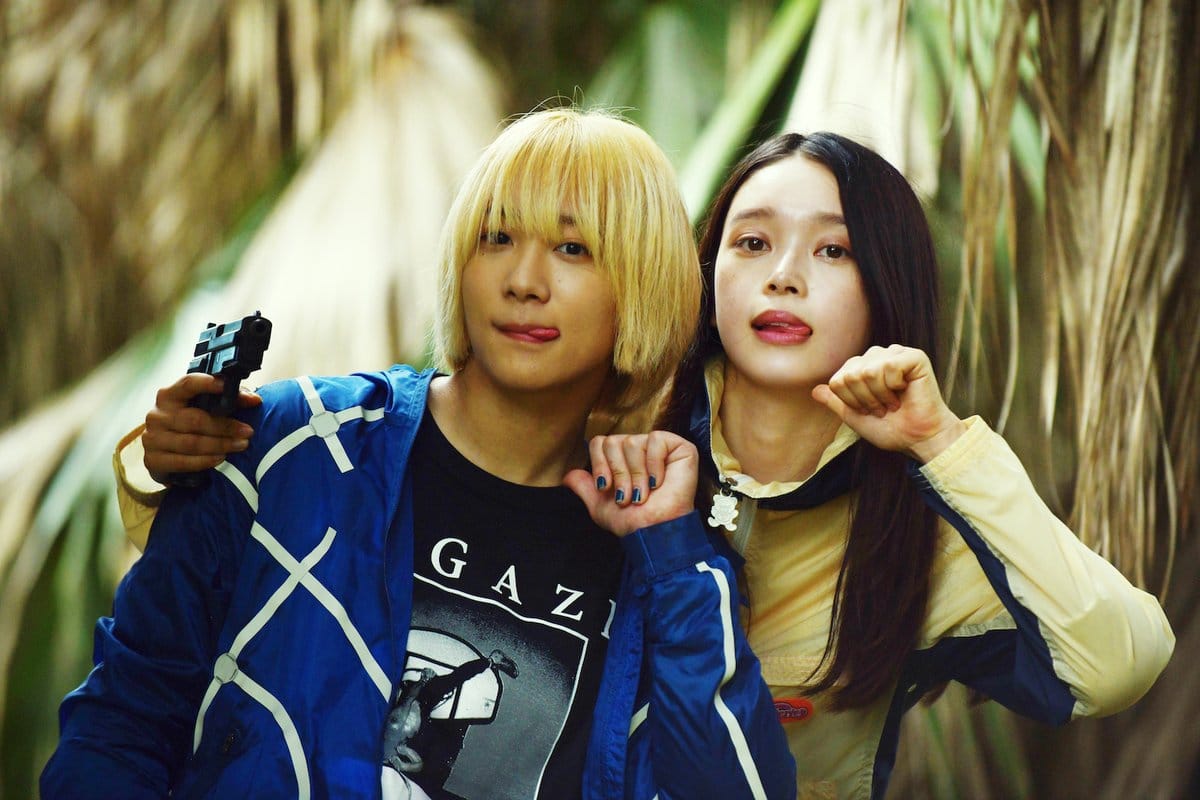
It’s a heart that oozes throughout the film and into the supporting cast. Returning members of the assassin guild that supports the guild are not just familiar faces but dear friends who are willing to lend a hand, and reaching out a hand of good faith to those in doubt is a level of recognition that causes even the cold and suspicious to warm to their side. It sounds corny, but friendship has power, and its infectious.
So infectious that new audiences have returned to the series with each film, and the success of this latest film, alongside the Everyday drama that returns more to the low-budget roots, is an earned success that deserves to be celebrated. It even has an audience large enough that a feature-length behind-the-scenes documentary has also been released in theaters to accompany the new release.
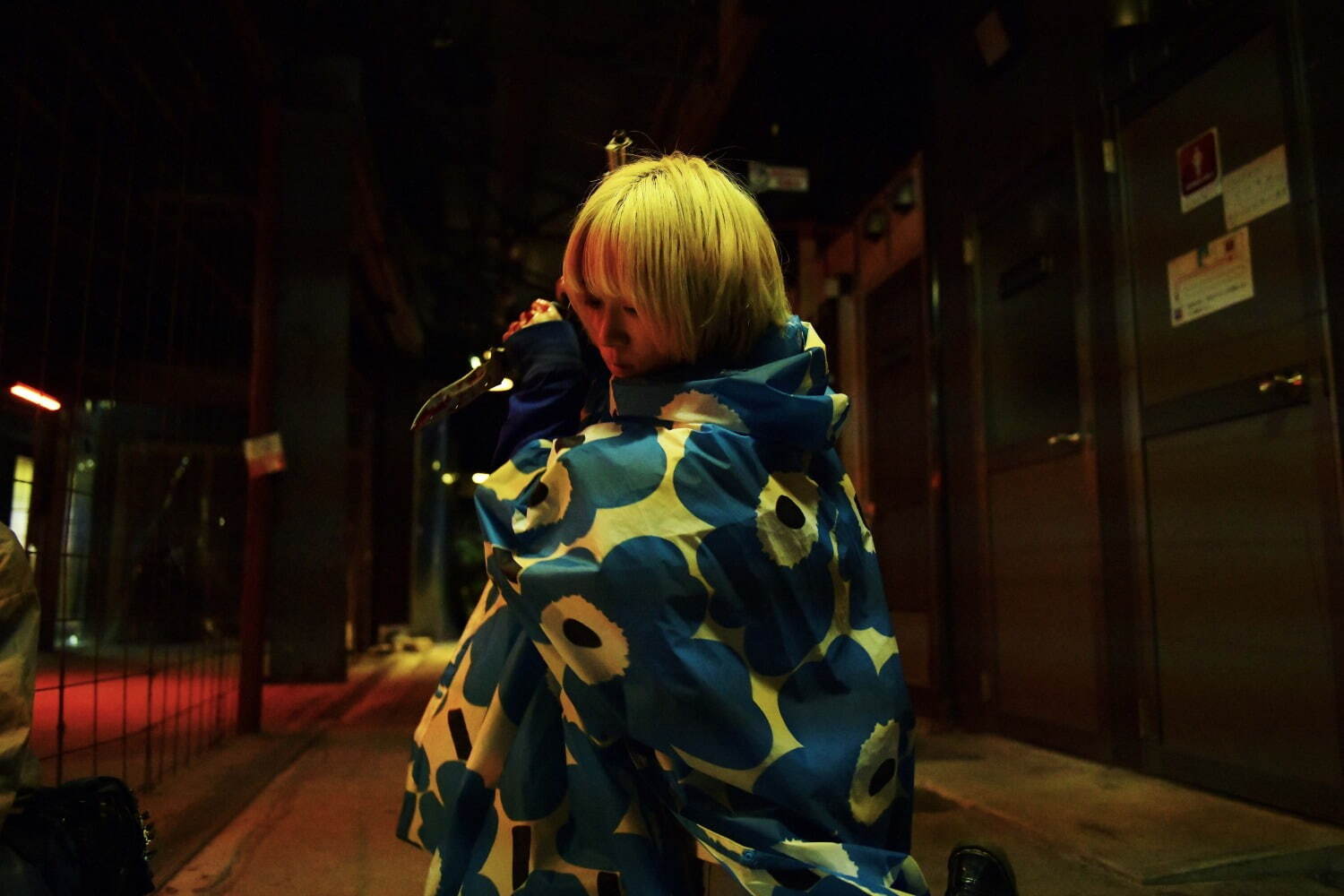
Baby Assassins as a franchise success is for more reasons than a craving for well-directed Japanese action cinema. The heart of this series that helps it resonate is its reflection of the tribulations of working life and the friendship that makes getting through the day mean something. This is success driven not by what it imitates but how it stands on its own as a singular vision, and one worth seeking out.


